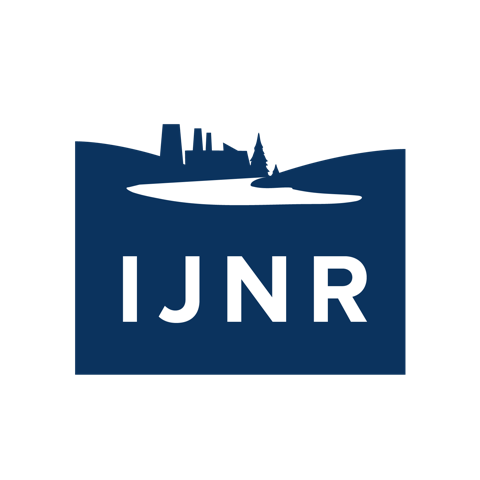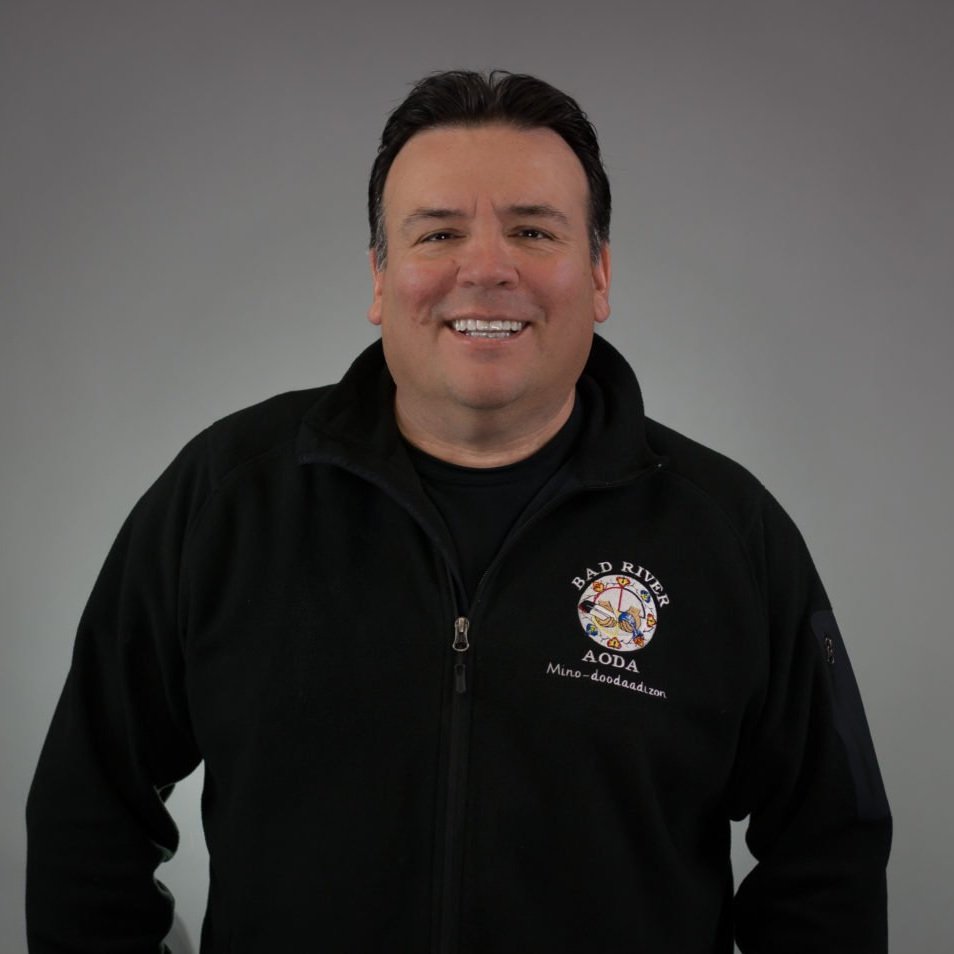Traditional Ecological Knowledge:
Decolonizing Conservation and
Rethinking Resource Management
Duluth, Minn.
June 26-28, 2022
Roster of Participating Journalists
Itinerary
sunday, June 26
6:00 p.m. - Opening night dinner and discussion of covering Indigenous communities
Centering Indigenous Culture: How to (and How Not To)
Tripp Crouse
News Director, KNBA
Anchorage, Alaska
Dave Spratt
CEO, Institute for Journalism & Natural Resources
Ann Arbor, Mich.
Monday, June 27
8:00 a.m - Getting Indigenous Knowledge on the Menu: A New Plan to Decolonize Resource Management and Bring Ancient Knowledge to Modern Problems
Climate change has hit home for Indigenous peoples, their life ways, and the natural world upon which they rely, yet climate adaptation planning tools fail to address the unique needs, values and cultures of Indigenous communities. To address this gap, a group of stakeholders representing tribal, academic, intertribal and government entities across Lake Superior collaborated on the Tribal Climate Adaptation Menu. The resulting document, released in 2020, provides a framework to integrate Indigenous knowledge, culture, language and history into climate adaptation planning. We will learn about how the menu is being applied across Ojibwe communities and talk with our hosts about efforts to decolonize both resource management and environmental journalism..
Edith Leoso
Tribal historic preservation officer, Bad River Band of Lake Superior Chippewa
Katy Bresette
Ojibwe educator and farmer, Red Cliff Band of Lake Superior Chippewa
Mike Wiggins Jr.
CEO, Tribal Chairman, Bad River Band of Lake Superior Chippewa
10:00 a.m. - Protecting the Kakagon and Bad River Sloughs: The Tribal Climate Adaptation Plan at Work
Several hundred years ago, the Anishinaabe people migrated West from the Atlantic Coast, directed to look for the land where “food grows on water.” That food was manoomin, or wild rice, and that land was the watershed of what we now call Lake Superior. For the Bad River Band of Lake Superior Chippewa, the Kakagon and Mashkii Ziibi (Bad River) Sloughs have provided manoomin, fish, waterfowl and clean water for centuries. These high-quality coastal wetlands are designated as a Ramsar wetland of international importance – the first such site on tribal lands. We’ll hear about what the Bad River Band has learned from their centuries-long relationship with the Sloughs and how that knowledge is being put to work in the face of modern threats.
Ed Leoso
Hatchery foreman, Fisheries technician, Natural Resources Department, Bad River Band of Lake Superior Chippewa
Naomi Tillison
Director, Natural Resources Department, Bad River Band of Lake Superior Chippewa
2:00 p.m. - Emerging Contaminants, Ancient Foods: Tribes Monitor for PFAS and Other Threats to Food Security
In treaties made with the U.S. government in 1837 and 1842, Wisconsin’s Chippewa tribes ceded their land in the northern third of the state with the caveat that they retain their sovereign right to hunt, fish and gather in off-reservation lands – or the “Ceded Territory.” A federal court upheld those rights in 1983, after tribal members faced decades of harassment, intimidation, fines and arrests. While the Lake Superior Chippewa no longer have to fight legal battles for their right to hunt, gather and fish, they now face the threat posed by emerging contaminants. Toxic substances threaten food sources integral to indigenous communities throughout the Great Lakes Basin, from wild rice to walleye. State-level fish consumption advisories are often aimed at recreational anglers, but what of people who rely on nature’s bounty for subsistence? We’ll hear about efforts by the Red Cliff Band to monitor for PFAS and talk with state and tribal agencies about what’s being done to protect the health of the land, water and people who call this place home.
Noah Saperstein
Environmental Justice Specialist, Red Cliff Environmental Department, Treaty Natural Resources Division, Red Cliff Band of Lake Superior Chippewa
Gavin Dehnert
Emerging Contaminants Scientist, Wisconsin Sea Grant
Michael “Mic” Isham
Director, Great Lakes Indian Fish and Wildlife Commission
Linda Nguyen
Environmental Director, Red Cliff Band of Lake Superior Chippewa
Jason Lowery
Operations coordinator, Office of Emerging Contaminants, Wisconsin Department of Natural Resources
7:00 p.m. - Dinner
tuesday, june 28
9:00 a.m. - Rekindling a Relationship with Fire: After a Century of Fire Suppression, Indigenous Burning Is Being Brought Back to the Land
Etched into the rings of the 200-year-old red pines in the University of Minnesota’s Cloquet Forestry Center is a story of American colonization. Starting in the late 1700s, a burn scar mars the concentric record every twenty years or so – evidence of forestry management via fire as Indigenous peoples cleared understory to promote the growth of blueberries, attract game and enable new oaks to get a foothold. For the last 120 years, the tree ring record is unblemished, coinciding with the federal government deeding 2,215 acres of “unallotted” Fond du Lac reservation land directly to the University of Minnesota. Since then, suppression of fire and its practitioners have ruled the forest. We will take a trip into the old growth stands to hear about efforts to reconnect the Fond du Lac Band to its history of cultural fire practices and bring fire back to the landscape.
Tom Howes
Natural Resources manager, Fond du Lac Band of Lake Superior Chippewa
Damon Panek
Wildland fire operations specialist, Fond du Lac Band of Lake Superior Chippewa (enrolled member of the Mississippi Band of White Earth Ojibwe)
Kyle Gill
Forest Manager & Research Coordinator, Cloquet Forestry Center & Hubachek Wilderness Research Center, University of Minnesota
Evan Larson
Professor, Environmental Sciences and Society, University of Wisconsin - Platteville
1:00 p.m. - Reawakening Mud Lake: How Indigenous Knowledge and Tribal Stewardship Brought a "Dormant" Lake Back to Life
While Mashkiigwaagamaag, or Mud Lake, sits firmly within the boundaries of the Fond du Lac reservation, it couldn’t escape the fate of many Minnesota lakes as the watershed around it was developed and drained to create more farmland in the early 1900s. The disruption to the area's web of lakes and wetlands left Mud Lake "dormant," in the words of Tom Howes, natural resources manager for the Fond du Lac Band of Lake Superior Chippewa. Water quality degraded, fisheries declined and wild rice nearly died off. Today, thanks to the place-based knowledge of the Fond du Lac Band, a number of their ancestral lakes once again provide wild rice, fish and waterfowl. We will visit Mud Lake to hear about these successful restoration efforts and what they can teach us about freshwater conservation and climate change mitigation.
Tom Howes
Natural Resources manager, Fond du Lac Band of Lake Superior Chippewa
7:00 p.m. - Closing Dinner

















